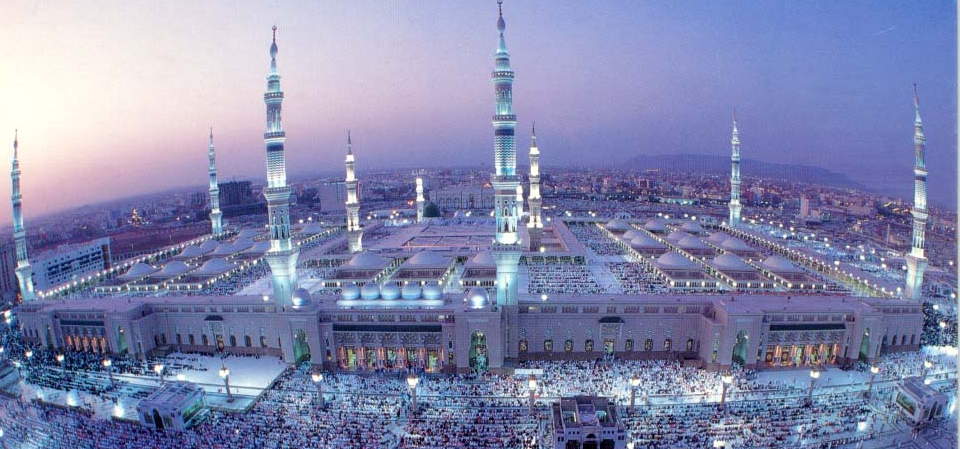When Medina won the war that broke out between the two kingdoms of Medina and Mecca, Muhammad became the indisputable leader of Arabia, and the beginnings of a new empire were formed. When Muhammad died in 632, Arabia was united under Muhammad’s control. By the close of that century, his followers had also conquered Armenia, Persia, Syria, Palestine, Iraq, North Africa and Spain and had crossed the Pyrenees Mountains into France. If the European ruler Charles Martel had not defeated the Muslims in the Battle of Tours in 733, Muslim rule might have extended all the way into Europe. Western history might have been entirely different. The European immigrants who came to America from Poland and German and Norway might not have been Lutherans and Catholics, but Muslims.
Many religions have gotten entangled with militarism and conquest—including Christianity, especially in the Middle Ages. But one historical reality about Islam is that political rule and conquest were part of its inception. Many believe that is one reason why extreme Muslim interpretations even today place an unambiguous label of “infidel” on Christians, Jews and Westerners and why non-Muslims living in Muslim-dominated lands are considered dhimmi, a definite second-class citizenship.
The posture of Islam toward the rest of the world began with Muhammad. For the Muslim, there is unbounded respect and admiration for Muhammad. He was a shepherd, a hermit, a soldier, a politician and the writer of mystical writings. Yet the Muslim is insulted by the old-fashioned word “Mohammedanism.” They maintain that Allah is the focus of their faith, and Muhammad is only a prophet. In contrast, in Christianity, Jesus Himself is the object of faith. It is Christianity, not Peterianity or Paulianity. Today it is believed that more boys are named Muhammad than any other name in the world.

I am unable to go to part 4 (or more) from the last page. Where can I find the rest of this series? Also, why was this divided up in the first place?
Thank you